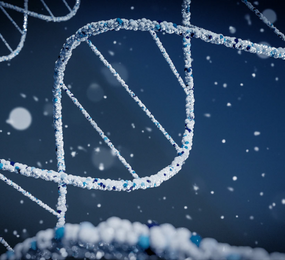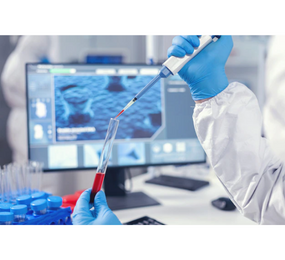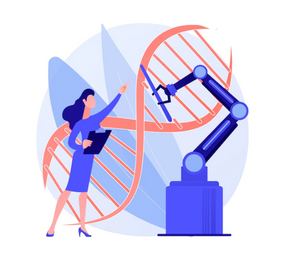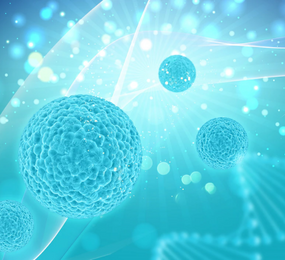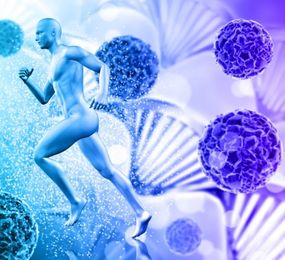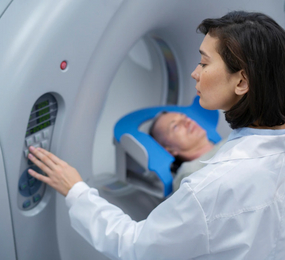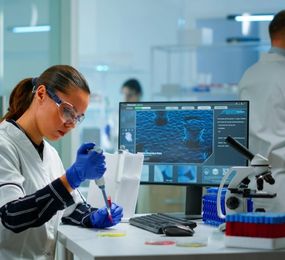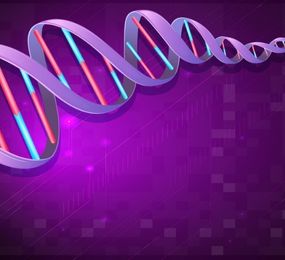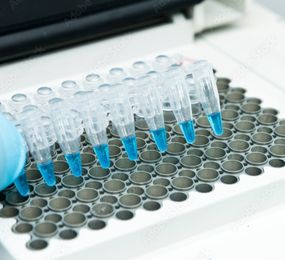Gene and cell therapies have emerged as groundbreaking treatments with the potential to revolutionize medicine. However, their production, known as bioprocessing, presents unique challenges due to the complexity and sensitivity of these therapies. To harness their full potential, the industry has been working diligently to overcome these hurdles.
One of the primary challenges in bioprocessing for gene and cell therapies is scalability. Unlike traditional pharmaceuticals, these therapies are often personalized or developed in smaller batches. Finding ways to scale up production efficiently is essential to make these life-saving treatments accessible to a broader patient population.
Ensuring product safety and quality is another critical concern. Gene and cell therapies are often highly sensitive to changes in their environment, so maintaining consistent conditions throughout the production process is vital.
Additionally, gene and cell therapy bioprocessing demand strict adherence to regulatory guidelines. The unique nature of these therapies necessitates specialized knowledge and expertise to navigate the regulatory landscape effectively.
Several solutions are being explored to address these challenges. Automation and closed systems, for instance, can enhance process control, reduce contamination risks, and increase scalability. Furthermore, advanced analytics and real-time monitoring play a pivotal role in maintaining product quality.
The journey to successful bioprocessing for gene and cell therapies is not without its challenges, but innovative solutions are continually emerging. As these therapies continue to advance, their successful bioprocessing will be pivotal in delivering life-changing treatments to patients in need.
To register or learn more about the Forum please check here: https://bit.ly/3zxguXW
For more information and group participation, contact us: [email protected]


